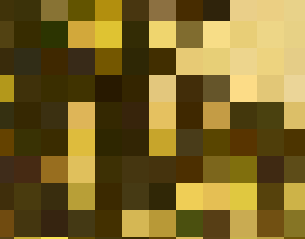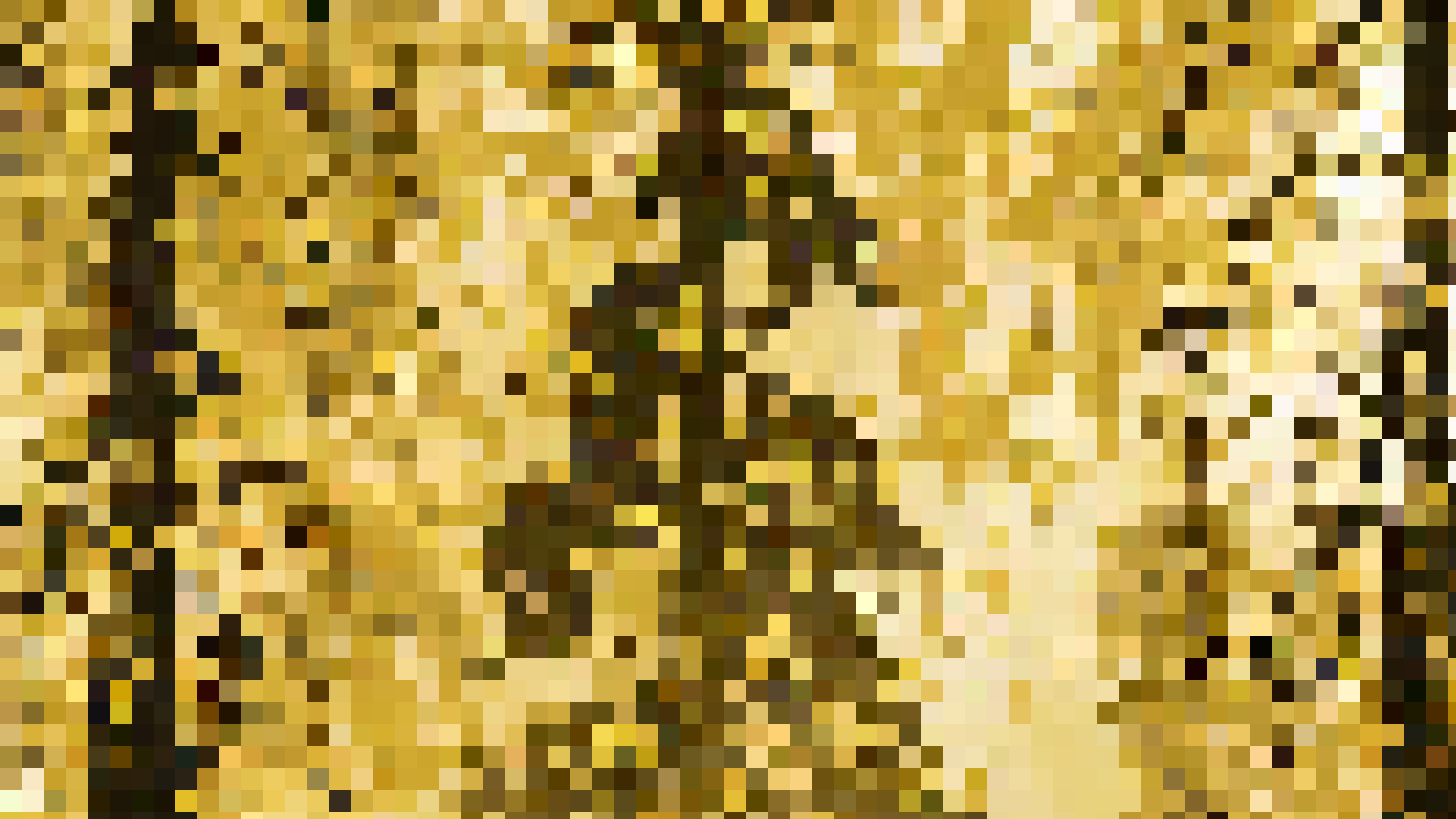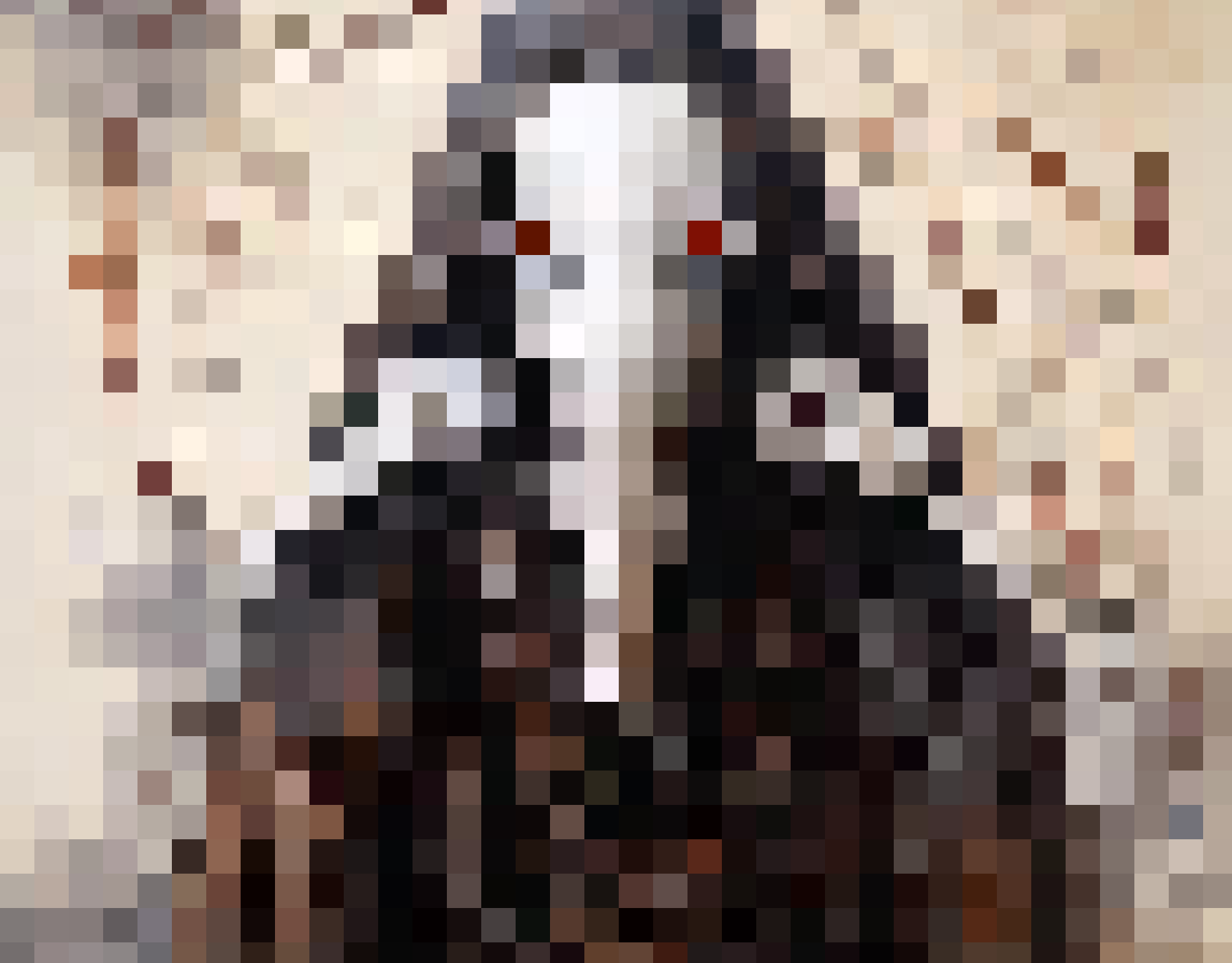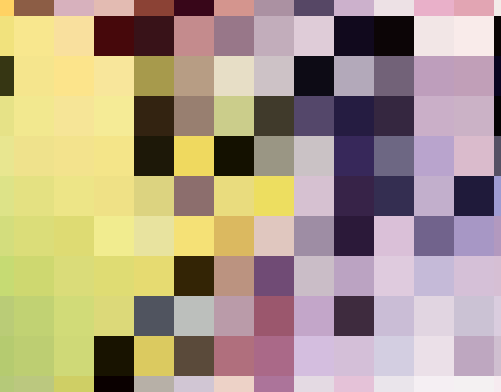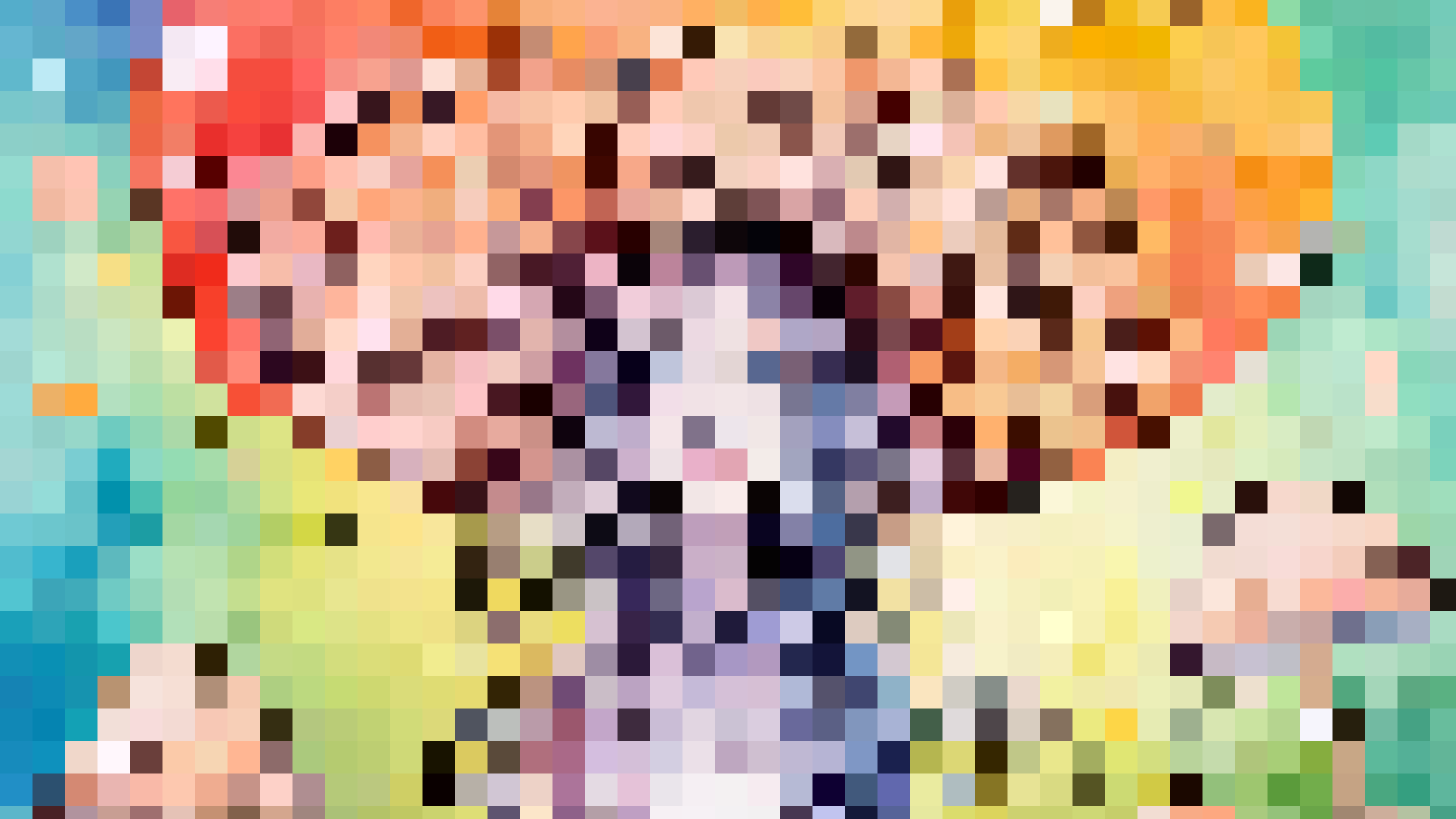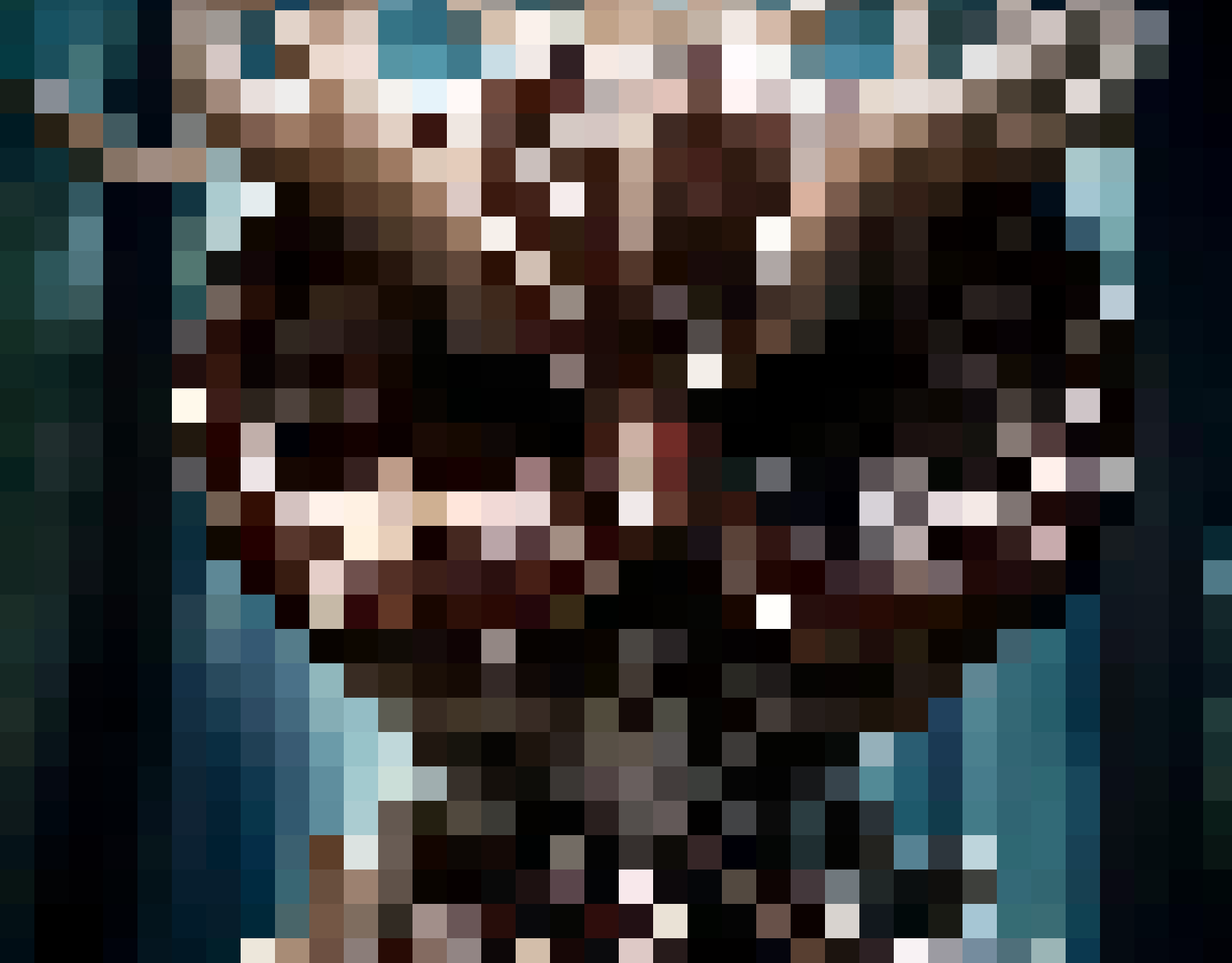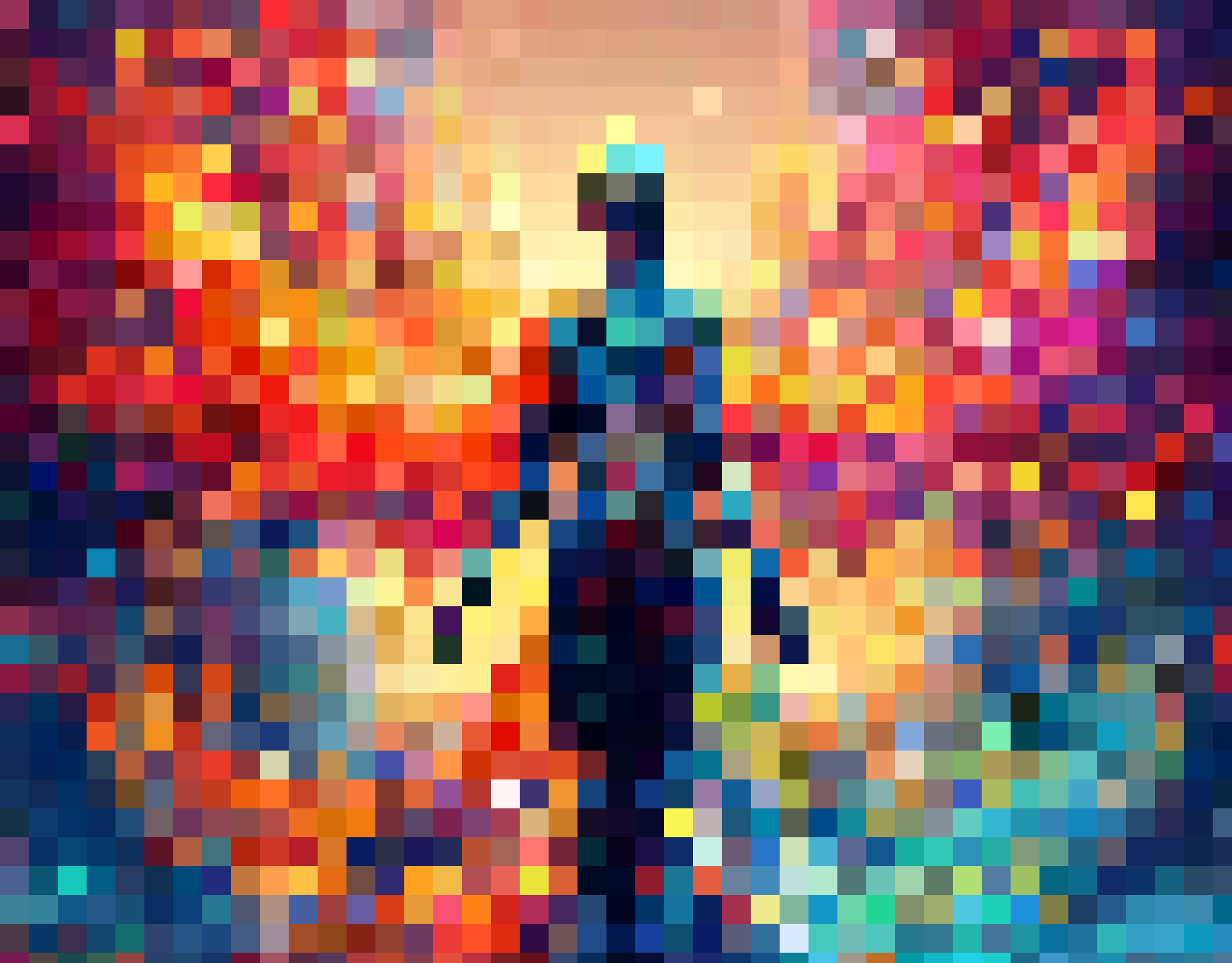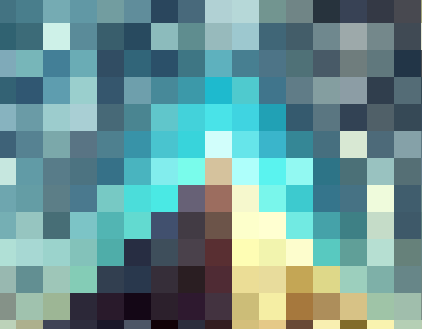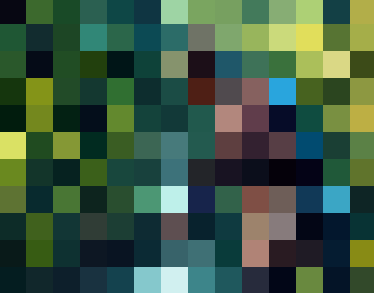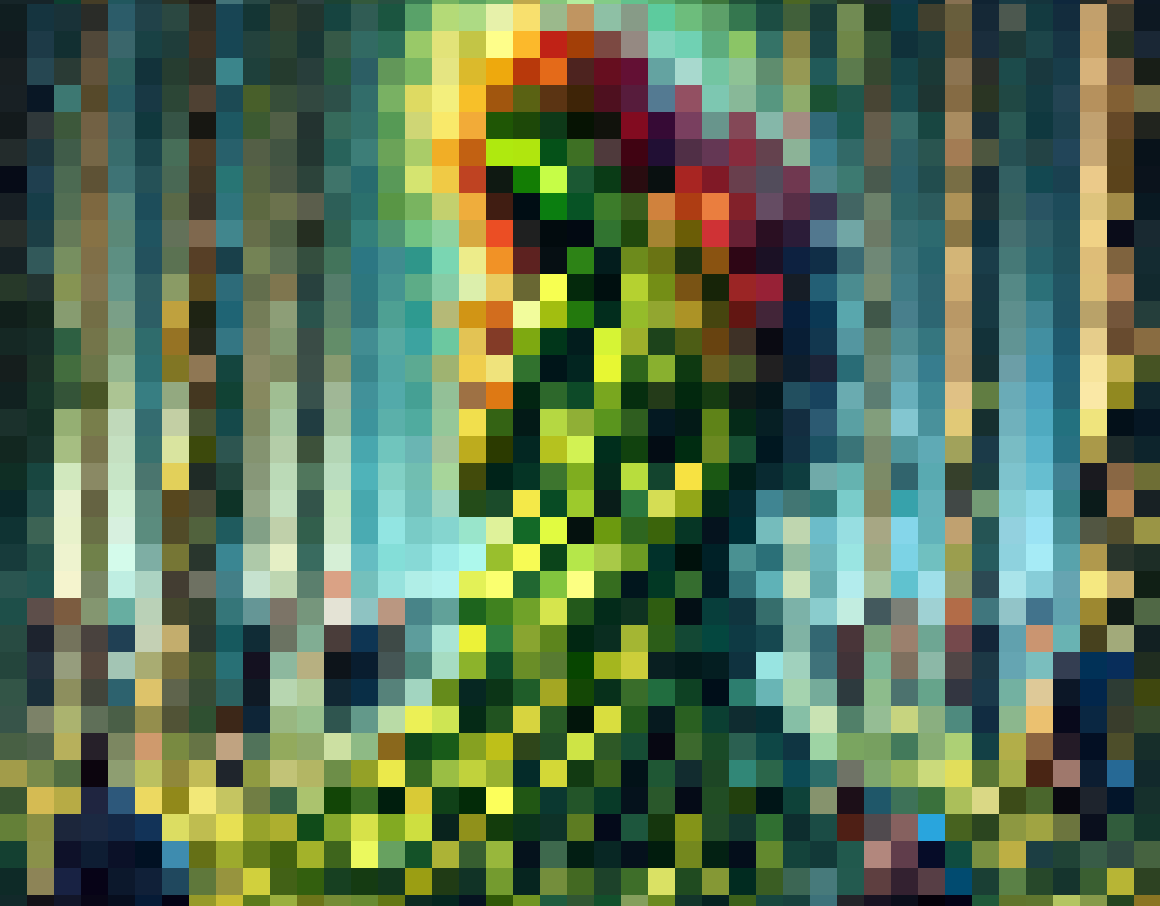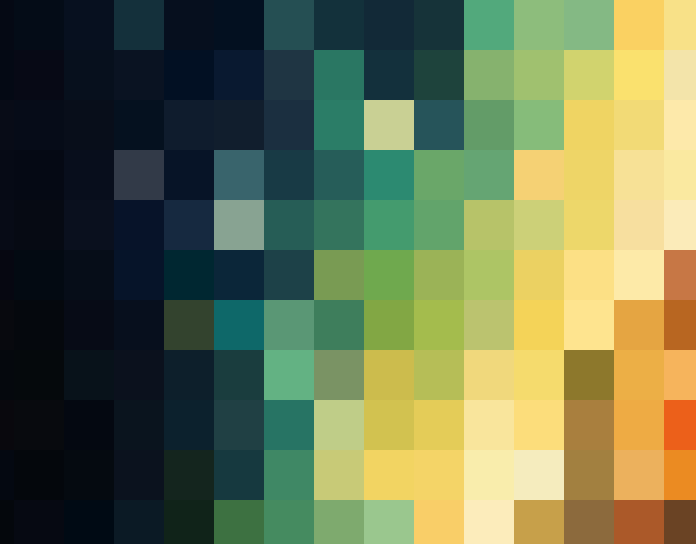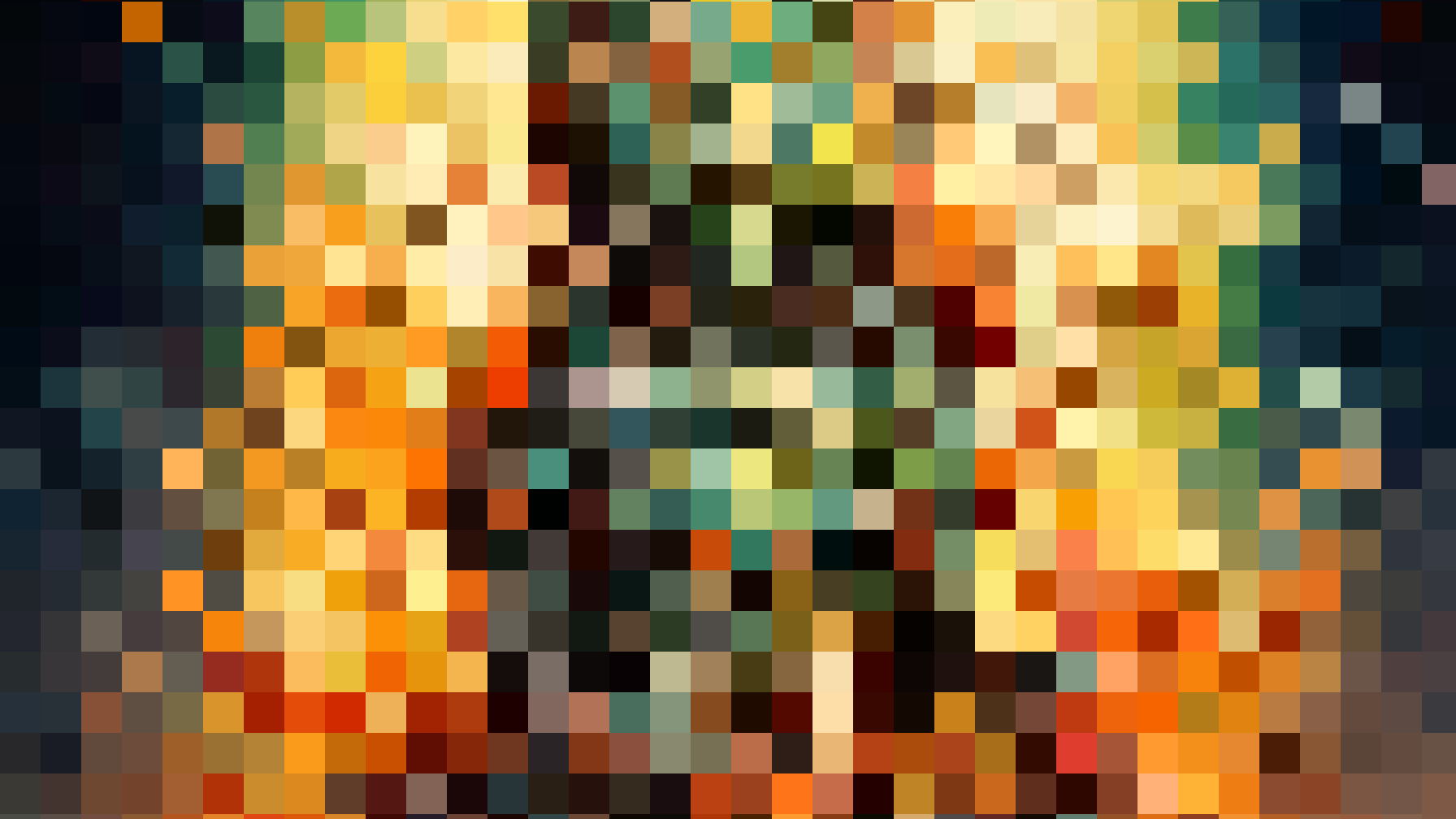The struggle to define oneself often leads to the creation of facades, where the true self is hidden behind masks worn to please others. This false persona offers protection but also deepens the sense of disconnection from one’s true nature. Yet, within this dissonance lies the possibility for awakening—a moment when the layers of pretense are peeled away, revealing the authentic self beneath.
Living in a world of illusion brings temporary comfort, but it also breeds internal conflict. The journey to uncovering one’s true identity requires the courage to shed these false layers, confronting the vulnerability that lies underneath. This path can lead to transformation, where the process of becoming authentic brings peace, strength, and a deeper connection to others.
More depth
More depth

